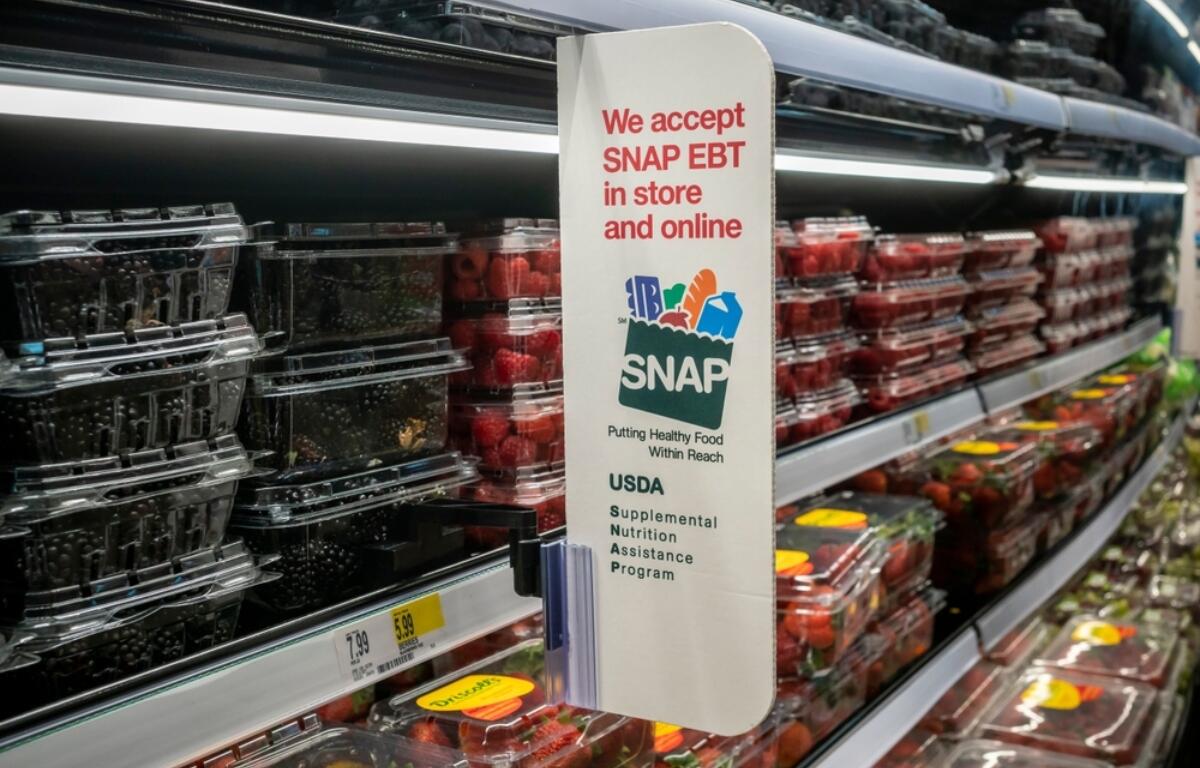Champaign, IL (CHAMBANA TODAY) – A longtime program aimed at improving nutrition, food security, and public health for Illinois families is coming to an end. The University of Illinois’ College of Agricultural, Consumer and Environmental Sciences (ACES) announced that it will cease operations of its SNAP-Education initiative, branded in Illinois as Eat.Move.Save., following the elimination of federal funding.
The closure will impact more than 1 million Illinois residents annually, sever nearly 2,000 community partnerships, and result in the loss of 217 Extension jobs—over a quarter of the Illinois Extension workforce.
“For decades, SNAP-Ed wasn’t just about nutrition lessons. It gave families real tools to eat well on a tight budget,” said ACES Dean Germán Bollero. “Their absence will absolutely be felt—not just by our college, but in schools, food pantries, and communities across Illinois.”
Eat.Move.Save. has been a cornerstone of Illinois Extension’s community outreach for over 30 years, leveraging local staff and partnerships to provide nutrition education, map food access systems, and deliver programs addressing food insecurity statewide.
The decision comes as federal funding for SNAP-Education was cut, despite data showing the program’s proven impact. Research from Altarum, a nonprofit health research organization, found that every $1 invested in Illinois SNAP-Ed returns between $5.36 and $9.54 in healthcare savings and long-term benefits—up to $135 million in returns from an annual $18 million investment.
Among its many initiatives, Eat.Move.Save. helped prevent over 5,000 cases of obesity and 600 cases of food insecurity annually. Over half of participants reported making positive health and financial changes after engaging with the program. The initiative also created and maintained Find Food IL, an interactive food access map; Hunters Feeding Illinois, which provides processed venison to families in need; and IL-EATS, a farm-to-pantry effort connecting local producers with hunger relief organizations.
“These are professionals who live in the communities they serve, building trust, offering education, and creating real change,” said Jennifer McCaffrey, Illinois Extension’s assistant dean for Family and Consumer Sciences. “We deeply regret that, with the elimination of SNAP-Ed funding, their positions will be lost.”
The loss of funding also signals the impending end of IL-EATS, which has helped distribute Illinois-grown produce, grains, dairy, and proteins at no cost to residents through food pantries and mobile markets.
“SNAP-Ed should be elevated, not eliminated,” said Dean Bollero. “With a proven track record of improving health and economic outcomes, it represents a model for what effective public service — a key element of our land-grant mission — can look like.”
Extension and College of ACES leadership are currently determining how and when Eat.Move.Save. operations will fully wind down.
For more information, visit aces.illinois.edu or contact the Illinois Extension office.



